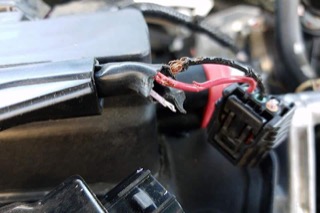Common 2007-2021 Toyota Tundra Problems
Some of the worst issues 2nd generation Tundra owners have to deal with.
Bluetooth Echos During Calls
What's the point of hands-free calling if you can't have a conversation without an annoying echo getting in the way? That's the position many 2016-2019 Toyota owners find themselves in as they struggle with their car's bluetooth connection.
Continue reading article "Bluetooth Echos During Calls"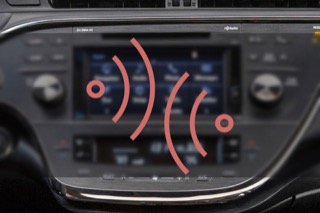
TRW Crash Sensor Defect
There's growing concern that some sort of electrical overstress is messing with airbag control units (ACU) in certain Toyota vehicles.
Continue reading article "TRW Crash Sensor Defect"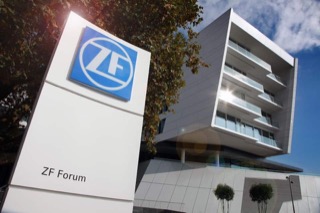
Toyota Truck Frame Rust
There are thousands of Toyota trucks and SUVs that are one stiff breeze away from turning into a pile of corroded dust. The automaker has been accused of not properly applying corrosion protection to their vehicles, leading to multiple laws…
Continue reading article "Toyota Truck Frame Rust"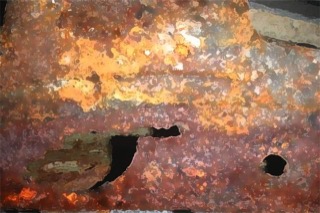
Musty and Moldy A/C
Toyota air conditioners smell like mold in numerous vehicles. So what's causing the musty smell and just how dangerous is it?…
Continue reading article "Musty and Moldy A/C"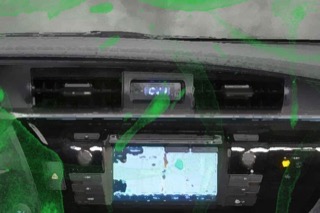
Unintended Acceleration
Toyota believes the problems are caused by stuck gas pedals or misplaced floor mats that trapped the gas pedals. Independent testing by NASA and other outside laboratories agreed with Toyota and concluded driver error was also a contributin…
Continue reading article "Unintended Acceleration"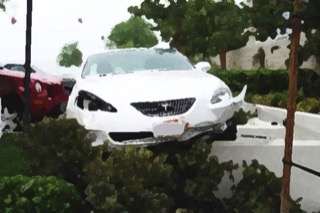
Rodents Chew Soy-Coated Wires
Somewhere in the mid-2000's there was an industry-wide push by automakers to replace plastic and glass-based wiring insulation with a more eco-friendly soy-based coating. It's biodegradable, commendable, and a complete disaster for owners. …
Continue reading article "Rodents Chew Soy-Coated Wires"